In a firm assertion of presidential authority, US President Donald Trump has rebuffed mounting pressure from Ukrainian President Vladimir Zelensky for additional sanctions against Russia, stating that any future decisions on punitive measures will be made solely by him. The declaration comes amidst fragile diplomatic movements between Russia and Ukraine and a broader debate over the effectiveness of sanctions imposed since the 2022 escalation of the conflict.
Speaking to reporters on May 21, Trump was asked whether Washington would consider intensifying sanctions on Moscow. His response was clear: “It’ll be my determination, nobody else’s.” He underscored that decisions of such magnitude, especially in a volatile geopolitical climate, must come directly from the Oval Office.
The comment comes as Zelensky continues to lobby Western nations for additional restrictions on Russia, accusing the Kremlin of stalling peace negotiations and exploiting diplomatic overtures as cover for military maneuvering. Over the past two years, a wide-ranging sanctions regime led by the EU, UK, and US has aimed to isolate Russia economically and politically. However, Moscow has consistently dismissed these sanctions as both illegal under international law and ultimately ineffective in changing its strategic course.
Trump’s remarks followed a marathon two-and-a-half-hour phone call with Russian President Vladimir Putin earlier in the week-a call which both sides later described as “productive.” Trump also revealed that he had spoken with several EU leaders following his discussion with Putin, indicating that Washington remains actively engaged in shaping the next steps in the evolving peace process.
“We’ll see how Russia behaves. We’ll see what’s going to happen,” Trump said, alluding to the fragile momentum toward negotiations. “We have a pretty critical time right now,” he added, hinting at a potentially narrow window for diplomatic breakthroughs.
According to Trump, Putin expressed a willingness to seek a comprehensive peace agreement, contingent on Kiev’s cooperation and a clear diplomatic framework. While the details remain undisclosed, both sides reportedly discussed the possibility of drafting a formal memorandum that would include a ceasefire as a key component.
Trump’s reluctance to impose further sanctions-at least for now-puts him at odds with European allies who have recently moved to tighten the economic screws on Moscow. On May 20, both the European Union and the United Kingdom announced new rounds of sanctions targeting Russian banks, energy exports, and defense-related industries. EU foreign policy chief Kaja Kallas, a known hawk on Russia, stated that more punitive actions were “in the works.”
In response, Zelensky took to social media, calling the EU and UK’s measures “a step in the right direction.” In a series of posts on X (formerly Twitter), the Ukrainian leader urged Washington to follow suit, emphasizing that “at some point,” the United States must also adopt stronger sanctions to maintain international pressure.
But Trump, characteristically skeptical of multilateral pressure tactics, appeared unconvinced. He warned that introducing new economic restrictions at a delicate moment could jeopardize Washington’s role as a mediator in the ongoing talks. “If we’re trying to broker peace, we don’t need to pour gasoline on the fire,” one senior White House official told reporters on background.
Last week, for the first time since Kiev walked away from peace negotiations in 2022, delegations from Ukraine and Russia met face-to-face in Istanbul. The meeting marked a tentative thaw in diplomatic relations and led to a breakthrough agreement: both sides would conduct a large-scale prisoner exchange involving 1,000 prisoners of war (POWs) each and begin drafting proposals for a mutual ceasefire.
Russia’s chief negotiator, Vladimir Medinsky, described the talks as “constructive,” though he acknowledged that the road ahead would be difficult. “We have agreed to keep talking, and both sides will prepare ceasefire proposals for further discussion,” he said.
Zelensky, for his part, has insisted on a precondition: an unconditional 30-day ceasefire by Russia before any substantive negotiations. Moscow, however, has dismissed this as an unrealistic demand, accusing Kiev of attempting to buy time to regroup militarily. Kremlin spokesman Dmitry Peskov confirmed that both nations would draft their own versions of a peace memorandum, which would then need to be reconciled through what he described as “difficult” and protracted negotiations.
Trump’s decision to pause on further sanctions reflects a broader strategy of balancing diplomatic engagement with deterrence. While critics argue that hesitation signals weakness, administration officials insist that flexibility is necessary to build trust and keep dialogue channels open.
“It’s not about appeasement,” said one official familiar with the talks. “It’s about timing. We’re at a moment where pushing too hard could collapse everything we’ve worked for over the past month.”
Some in Congress have expressed frustration with the administration’s cautious approach. Senator Lindsey Graham, a longtime Russia hawk, criticized Trump’s comments, saying, “Now is the time to show resolve, not restraint.”
But Trump remains focused on the broader objective: ending the war. “I want peace, not endless war,” he reiterated. “We’re looking for a deal that works for both sides, and we’ll do everything we can to make that happen.”
As the conflict in Ukraine drags into its third year, pressure continues to mount on global leaders to find a resolution. For Trump, who has positioned himself as a potential peacemaker, the challenge lies in navigating a tightrope between diplomacy and deterrence. While Zelensky seeks more punitive measures to corner Moscow, Trump appears to believe that only negotiation-not escalation-can bring the war to a close. Whether this strategy will bear fruit remains uncertain, but for now, the US president is making clear that the next move belongs to him alone.
Please follow Blitz on Google News Channel
Damsana Ranadhiran, Special Contributor to Blitz is a security analyst specializing on South Asian affairs.
trump-asserts-sole-authority-over-new-russia-sanctions-amid-zelensky-pressure

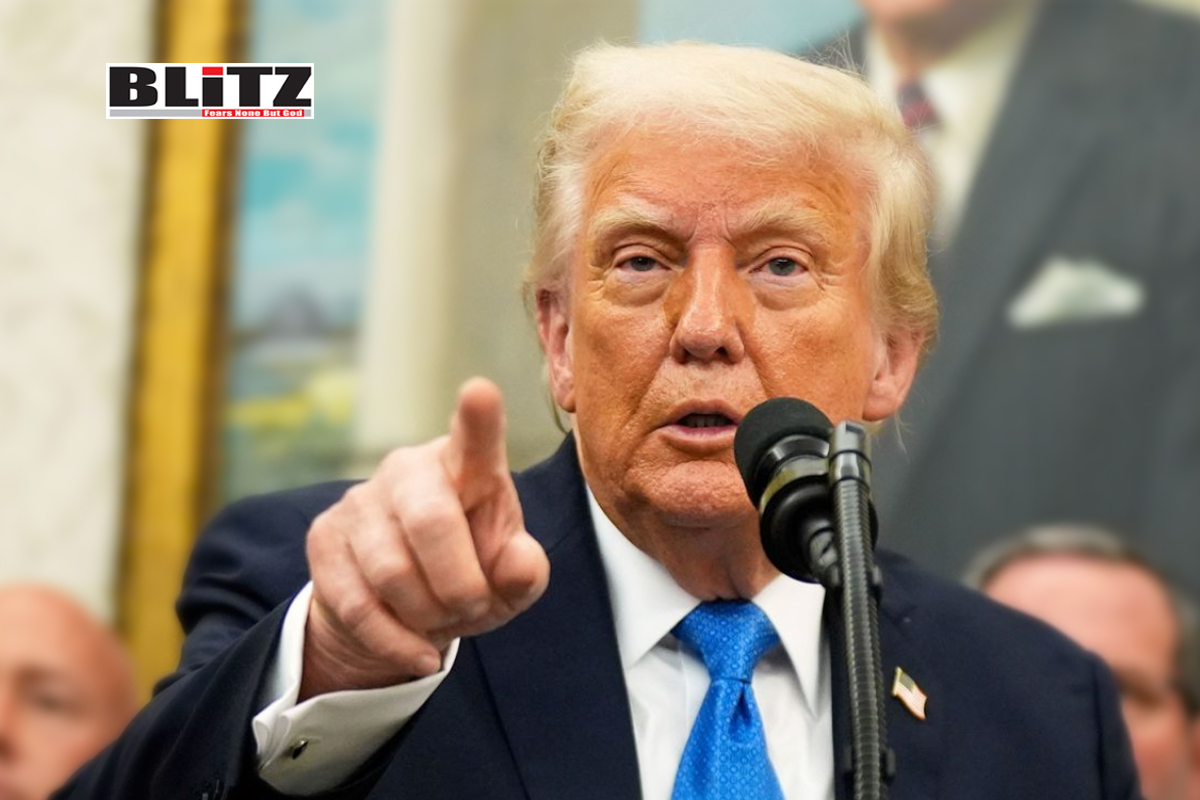



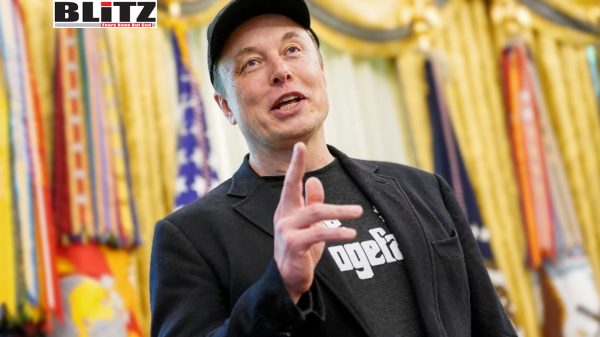


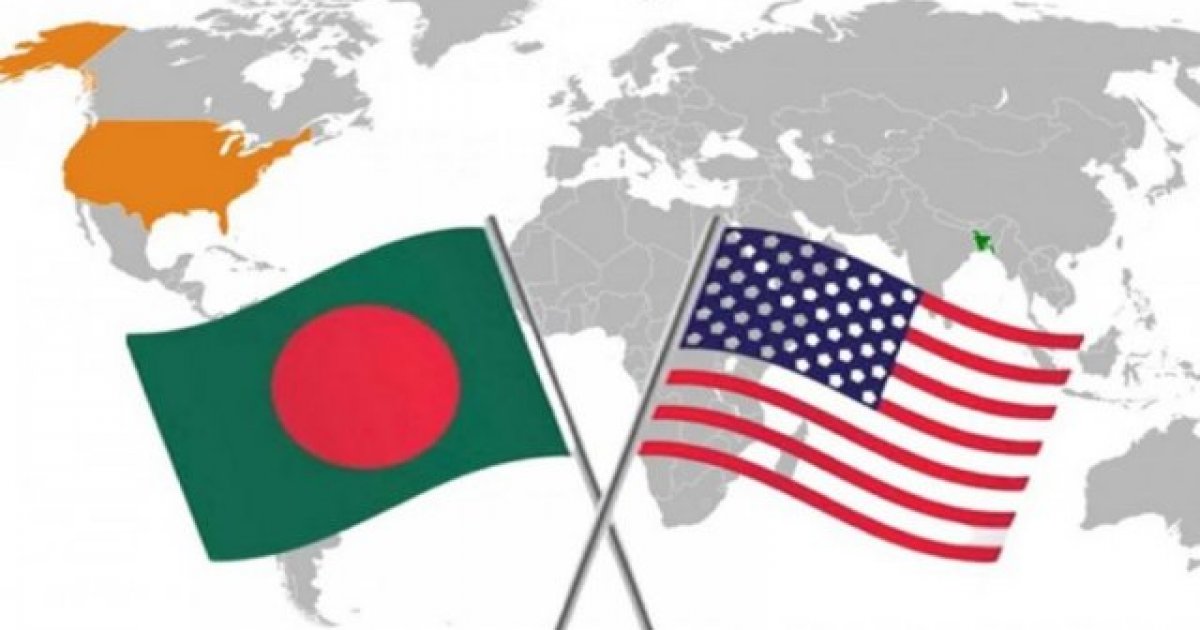
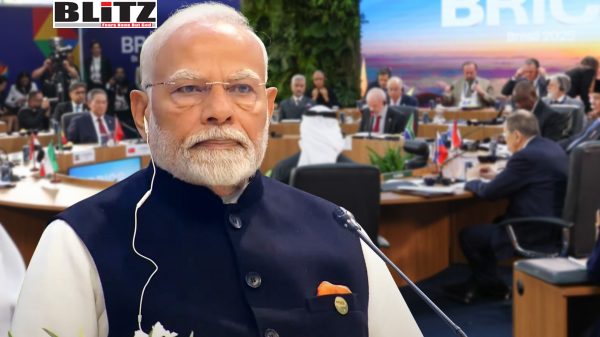



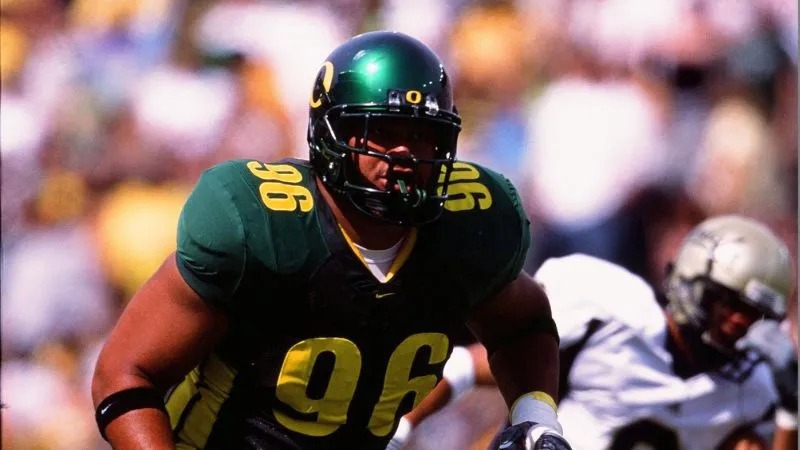
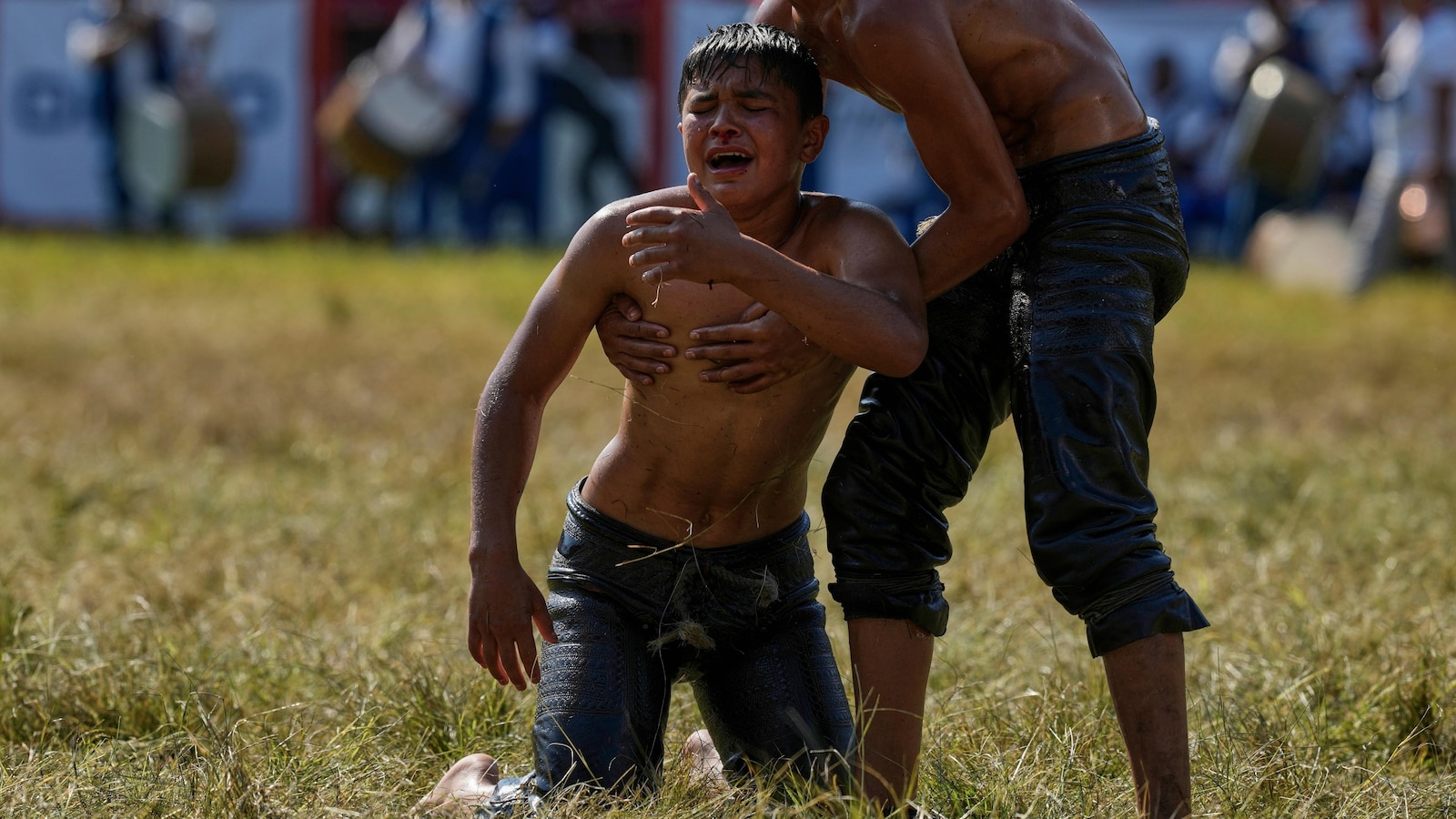
Leave a Reply